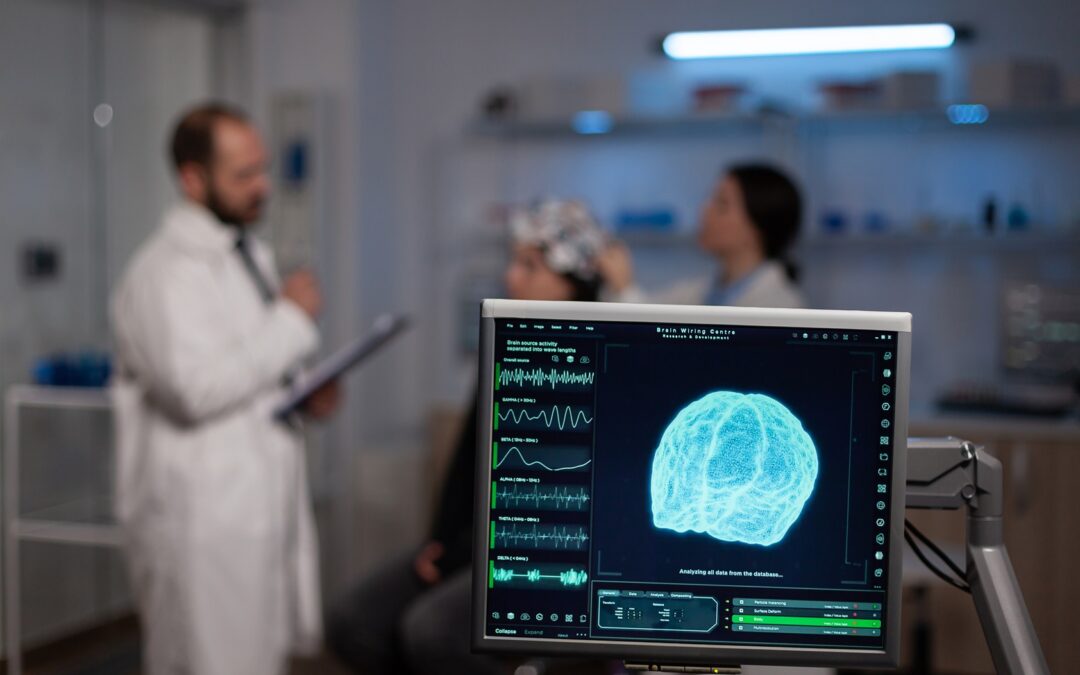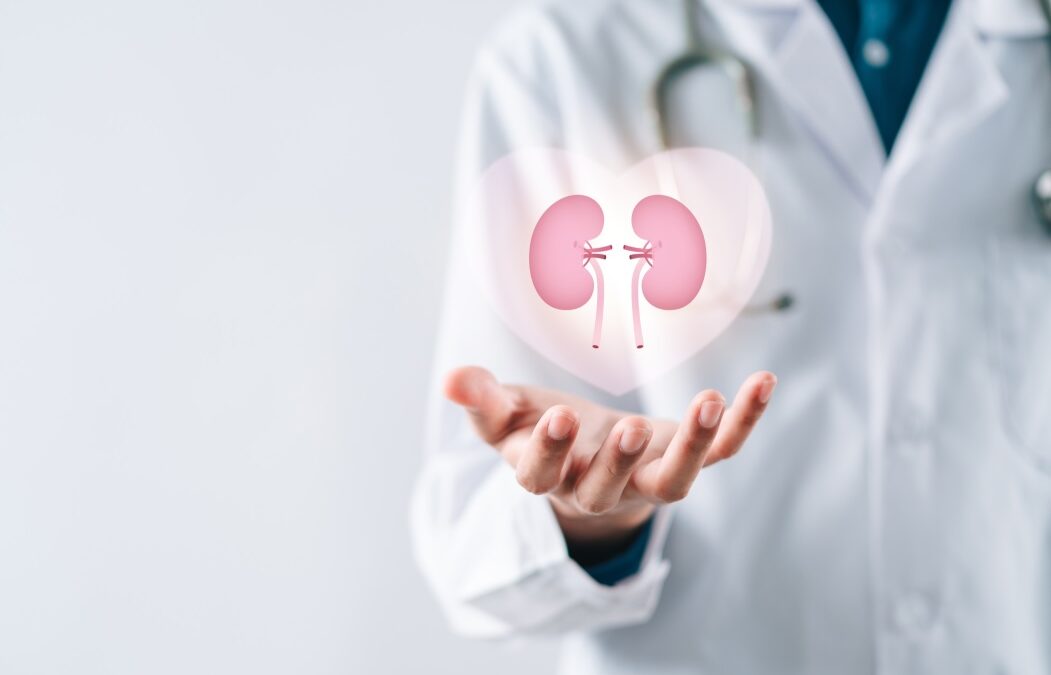
A Pain Management Specialist’s Guide to Painless Healthcare
A Pain Management Specialist’s Guide to Painless Healthcare
Pain management is a crucial component in the complex web of medical care that guarantees patient comfort and healing.
A pain management specialist can be a source of relief for anything from the mysteries of childbirth to the difficulties associated with chronic pain. Now let’s explore the vast field of pain management, covering everything from post-operative care to labour analgesia.
- Analgesia during labour: A painless delivery
Although giving birth to a child is a life-changing experience, it doesn’t have to involve unbearable pain. Pain management specialists play a crucial role in ensuring a more comfortable birthing experience for mothers by using various techniques, such as epidurals, to provide relief during labour.
- Hip/Knee Pain: Regaining Movement
For individuals suffering from hip or knee pain, each step can be difficult. In order to improve mobility and quality of life overall, a pain management specialist evaluates the underlying cause and suggests tailored strategies, such as physical therapy, medications, and occasionally minimally invasive procedures.
- Doctor of Pain Management for Pelvic Inflammatory Disease: Focused Relieving
PID, or Pelvic Inflammatory Disease, can be extremely painful and incapacitating. In order to provide the best possible care and relief, a pain management specialist works in tandem with other medical specialists to create a thorough pain management plan that takes into account the individual needs of the patient.
- Pre-Anesthesia Check: Establishing a Comfortable Base
It is essential to perform a comprehensive pre-anesthesia check before beginning any surgical procedure. In order to reduce pain during and after surgery, a pain management specialist makes sure that patients are suitably prepared for anaesthesia, taking into account specific health factors.
- After Anaesthesia Care: Promoting Healing
The involvement of a pain management specialist is crucial in guaranteeing a seamless recovery following surgery. Customised pain management regimens are used to control pain while reducing side effects and accelerating healing. These regimens may include both pharmaceutical and non-pharmacological interventions.
- Pain Management During and After Surgery: Integrated Care
A pain management expert works in tandem with the surgical team to deliver on-the-spot pain relief during the procedure. After surgery, the emphasis switches to an individualised pain management programme to speed up recovery, lower risks, and improve patient satisfaction overall.
Conclusion:
A pain management specialist steps in as a guiding force in the complex dance between pain and healing, providing comfort and relief in a range of medical situations. Being among the best hospital in Bangalore, we at Axon Specialty Hospital take great satisfaction in our committed team of professionals who work tirelessly to make sure your healing process is as pain-free as possible.
Come see us for individualized treatment and discover the distinction. Contact us for more information.
About Axon
Axon Speciality hospital was started in the year 2009 and has been serving people successfully in and around Indiranagar from last 12 years under the leadership of Dr. Praveen M and Dr.Amar P.
Quicklinks
- Difference between Kidney stones & Gall bladder stones
- Diet for a Kidney disease patient
- Important questions to ask your Gastroenterologist
- When do you need knee replacement surgery?
- What is Arthroscopic surgery?
- How to improve your Joint health?
Contact Us
![]() 080 4334 6333
080 4334 6333
+91 99726 63536
![]() axonhrblr38@gmail.com
axonhrblr38@gmail.com
![]() 321, 6th Main Rd, HAL 2nd Stage, Indiranagar, Bengaluru – 560038
321, 6th Main Rd, HAL 2nd Stage, Indiranagar, Bengaluru – 560038
© Copyright 2021, All rights reserved by Axon Speciality Hospital. Designed by Shloka Concepts









